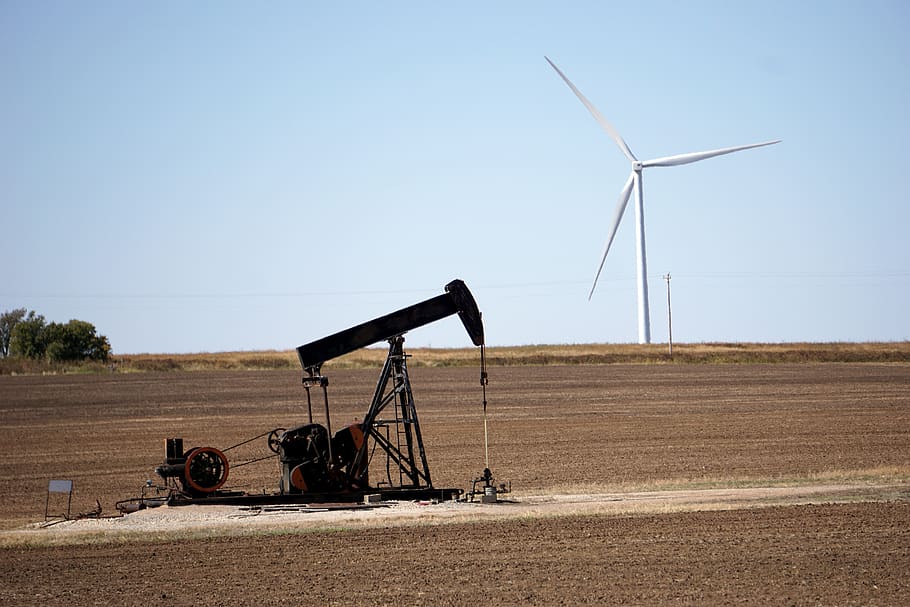News

How Will Big Oil States Handle the Renewable Energy Transition?
Johns Hopkins researchers in the Initiative for Sustainable Energy Policy (ISEP) at the School of Advanced International Studies have been awarded a research grant to better understand how the world’s big oil producers will respond to the renewable energy transition that is now underway. ISEP Director and member of the Leadership Council for the newly formed Ralph O’Connor Sustainable Energy Institute (ROSEI) Johannes Urpelainen, is excited to lead the research as “the issue of how and when the large oil producing states handle the renewable energy transition can have an enormous impact on political stability, economic output, and the success of the renewable energy transition to combat climate change.”
The global transition toward renewable sources of energy like solar and wind, combined with increasing adoption of electric vehicles, poses huge challenges for countries that rely on the production of oil. Long-term decline in demand for oil will over time reduce both the revenue that oil producers collect and the amount of oil they produce, with implications for their ability to distribute patronage to political supporters, provide jobs and generous welfare states to citizens, and make investments in public goods such as education and infrastructure. However, governments may be able to guard themselves against these negative consequences by engaging in adaptation policies such as diversifying the economy, investing in human capital, or finding alternative revenue sources.
The researchers will study the adaptations that different oil producers are likely to pursue in the coming years and decades in anticipation of the energy transition, using a comparative case study approach with evidence from Nigeria, Norway, Qatar, Russia, Saudi Arabia, and the United Arab Emirates. They expect that the “type, pace, and degree of government adaptations will depend on several factors, most notably the cost of oil production, state capacity, and the country’s pre-existent level of economic diversification,” says ISEP Associate Director Brian Blankenship, part of the research team.
“The project will has implications for both scholarship and policy and is well aligned with ROSEI’s overall mission to embrace both the technology and policy surrounding the energy transition,” says ROSEI Director Ben Schafer. The research team will contribute to the scholarship on economic diversification by offering a theory to explain which producers diversify and how, and will expand scholars’ understanding of the geopolitical implications of the energy transition. Additionally, the team’s findings will inform policy recommendations for how fossil fuel producers can transition away from fossil fuels effectively and in a way that ensures it is a “Just Transition” – one whose effects are equitable, and which takes into account the interests and well-being of those who might be negatively affected, including fossil fuel industry workers. This is desirable in its own right, but is also key to mitigating political opposition to low-carbon policies.
The research is being funded by the Research Council of Norway.
